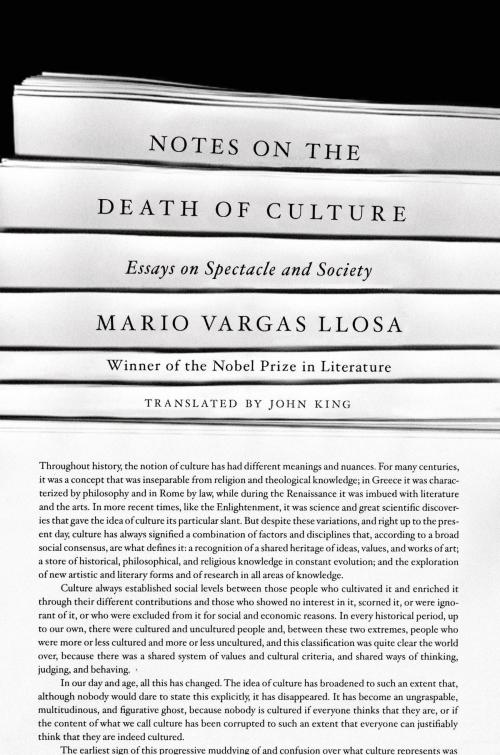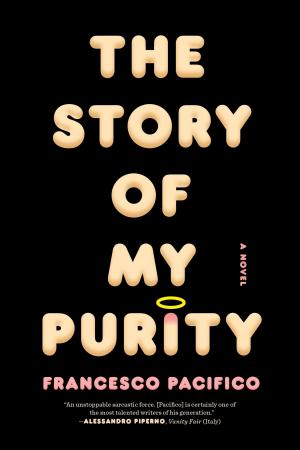Notes on the Death of Culture
Essays on Spectacle and Society
Nonfiction, Social & Cultural Studies, Social Science, Sociology| Author: | Mario Vargas Llosa | ISBN: | 9780374710316 |
| Publisher: | Farrar, Straus and Giroux | Publication: | August 11, 2015 |
| Imprint: | Farrar, Straus and Giroux | Language: | English |
| Author: | Mario Vargas Llosa |
| ISBN: | 9780374710316 |
| Publisher: | Farrar, Straus and Giroux |
| Publication: | August 11, 2015 |
| Imprint: | Farrar, Straus and Giroux |
| Language: | English |
A provocative essay collection that finds the Nobel laureate taking on the decline of intellectual life
In the past, culture was a kind of vital consciousness that constantly rejuvenated and revivified everyday reality. Now it is largely a mechanism of distraction and entertainment. Notes on the Death of Culture is an examination and indictment of this transformation—penned by none other than Mario Vargas Llosa, who is not only one of our finest novelists but one of the keenest social critics at work today.
Taking his cues from T. S. Eliot—whose essay "Notes Toward a Definition of Culture" is a touchstone precisely because the culture Eliot aimed to describe has since vanished—Vargas Llosa traces a decline whose ill effects have only just begun to be felt. He mourns, in particular, the figure of the intellectual: for most of the twentieth century, men and women of letters drove political, aesthetic, and moral conversations; today they have all but disappeared from public debate.
But Vargas Llosa stubbornly refuses to fade into the background. He is not content to merely sign a petition; he will not bite his tongue. A necessary gadfly, the Nobel laureate Vargas Llosa, here vividly translated by John King, provides a tough but essential critique of our time and culture.
A provocative essay collection that finds the Nobel laureate taking on the decline of intellectual life
In the past, culture was a kind of vital consciousness that constantly rejuvenated and revivified everyday reality. Now it is largely a mechanism of distraction and entertainment. Notes on the Death of Culture is an examination and indictment of this transformation—penned by none other than Mario Vargas Llosa, who is not only one of our finest novelists but one of the keenest social critics at work today.
Taking his cues from T. S. Eliot—whose essay "Notes Toward a Definition of Culture" is a touchstone precisely because the culture Eliot aimed to describe has since vanished—Vargas Llosa traces a decline whose ill effects have only just begun to be felt. He mourns, in particular, the figure of the intellectual: for most of the twentieth century, men and women of letters drove political, aesthetic, and moral conversations; today they have all but disappeared from public debate.
But Vargas Llosa stubbornly refuses to fade into the background. He is not content to merely sign a petition; he will not bite his tongue. A necessary gadfly, the Nobel laureate Vargas Llosa, here vividly translated by John King, provides a tough but essential critique of our time and culture.















